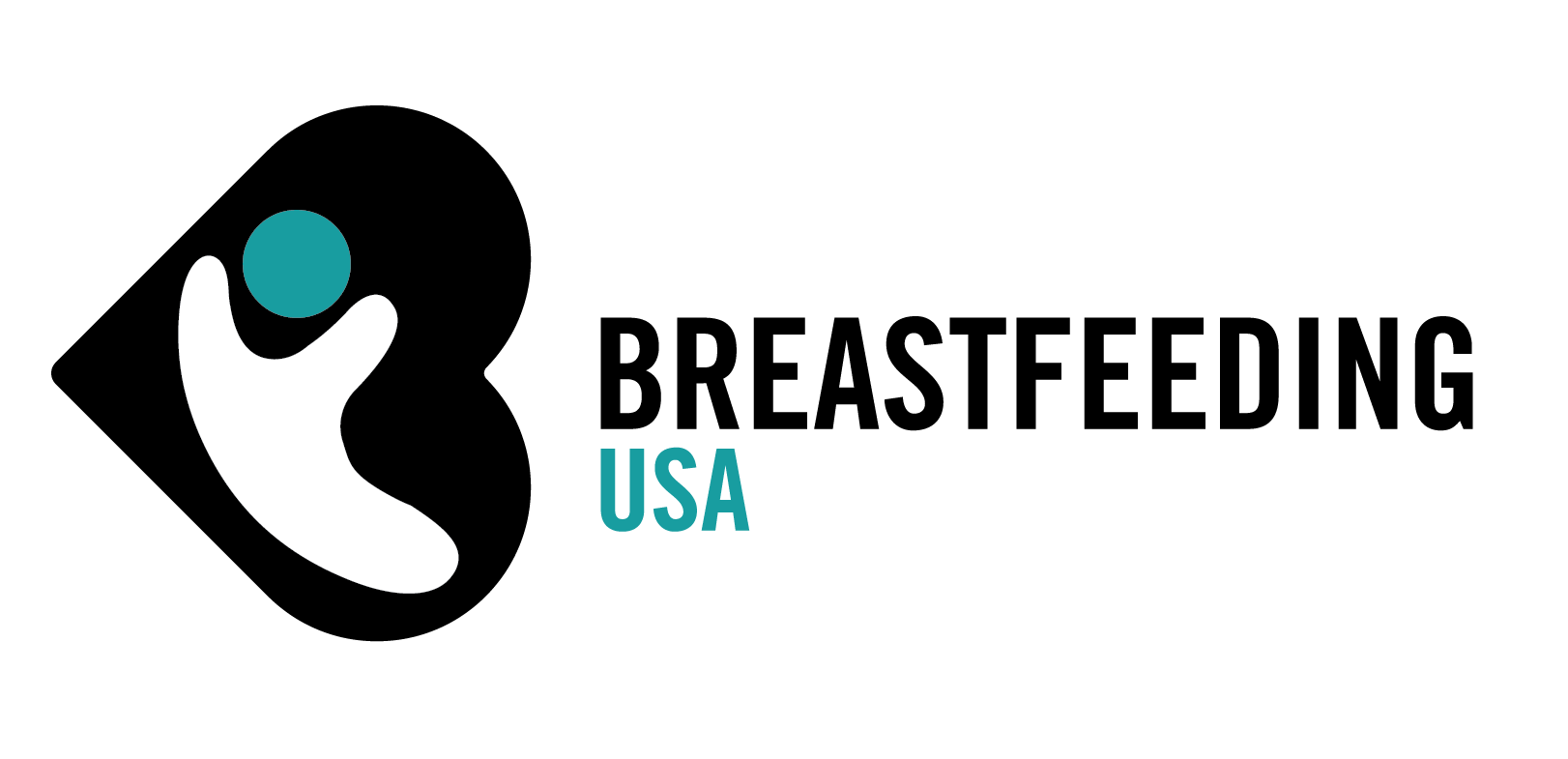By Kalin McBean and Melanie Myers

Consider this excerpt from The American Academy of Pediatrics Clinical Report: “Many mothers are inappropriately advised to discontinue breastfeeding or avoid taking essential medications because of fears of adverse effects on their infants. This cautious approach may be unnecessary in many cases, because only a small proportion of medications are contraindicated in breastfeeding mothers or associated with adverse effects on their infants.”11
The preface of Medications and Mothers’ Milk by Hale & Rowe states, “The risks of formula feeding are significant and should not be trivialized. Few drugs have documented side effects in breastfed infants, and we know most of these.”7
Before you start wondering…
“If I take this medication, then pump and dump, is it then safe to breastfeed my baby?”
“If I take this medication and it’s not safe to breastfeed, should I pump and dump the milk?”
It’s always best to check a resource, talk to your doctor and International Board Certified Lactation Consultant (IBCLC) about your options before doing anything unnecessary like dumping your precious breastmilk!
Many factors impact drug entry into breastmilk and are referred to as “kinetic factors”. Pharmacokinetics means bodily absorption, distribution, metabolism, and excretion of drugs.9 Kinetic factors include lipid solubility, molecular size, blood level, protein binding in maternal circulation, oral bioavailability and half-life.6
It sounds very complicated, but it doesn’t have to be!
Look it up, talk to your doctor and IBCLC.
- Infant Risk Center at Texas Tech University or 806-352-2519
- LactMed U.S. National Library of Medicine
General tips when you have a cold or the flu
- Try non-pharmacologic treatments first – fluids, vitamin C rich foods, rest, saline, humidifier.
- If medications are needed, use single-ingredient drugs, not combo drugs, short-acting vs long-acting and take immediately after nursing.6
- Caution for late-stage lactation with pseudoephedrine due to possible dip in milk supply.7
- Use codeine with caution due to rapid metabolizers. (Women with this genetic profile have higher levels of active medication which can pass into breastmilk.)7
Medication Smart Practices
- Do I need to take this now?
- Have I checked my resources and talked to my doctor about my concerns?
- Is there an alternative?
- Is it an option to take immediately after nursing?
- If the medication is not compatible with breastfeeding, ask your doctor what would be the recommended medication if the baby had this condition.
What about pumping and dumping after consuming alcohol?
- The dose of alcohol in milk is low (less than 16% of mothers dose).1
- Alcohol levels in milk peak at around 30-60 mins after consumption and then decrease quickly if no more is consumed.1
- Pumping won’t speed up the elimination of alcohol from milk.8
Alcohol Consumption Smart Practices
- If you want to drink, have one right after a nursing or pumping .
- Pump if you’re going to miss a feeding and/or for comfort.
- Simple guideline to follow: if you’re fine to drive you’re fine to breastfeed.
- Only about 2% of the alcohol ingested by the mother reaches her blood and milk.
Considerations
- An extremely important factor to consider when drinking alcohol is your ability to care for your baby.
- Alcohol can make baby sleepier and can change the taste of your breastmilk.
- Alcohol test strips that are available in stores can cause moms more stress because they show positive with any alcohol in your system and are known to also show false positives.
Dental Procedures
- Academy of Breastfeeding Medicine’s Protocol #15 Analgesia and Anesthesia for the Breastfeeding Mother states, “Local anesthetics such as lidocaine, bupivacaine, and ropivacaine can be safely used in breastfeeding mothers.”10
- According to Medications and Mothers’ Milk by Hale & Rowe, nitrous oxide (laughing gas) is rapidly eliminated from body and rapid recovery is within 3-5 minutes and ingestion of nitrous oxide orally is unlikely.7
Surgery Requiring General Anesthesia?
American Association of Nurse Anesthetists (AANA), “Many studies have found that the use of general anesthesia and most commonly used medications for pain relief are safe and should not interfere with breastfeeding because only minimal traces of the anesthetic are passed on through the breast milk,” said Janice Izlar, CRNA, DNAP. “A nursing mother should be allowed to breastfeed as soon as she is awake and aware after general anesthesia.”5
What about X-Rays, MRI, Contrast, CAT scans, Ultrasounds, and Mammograms?
- All of these imaging modalities are compatible with breastfeeding. 4
- With contrast media and/or sedation for imaging, the half-life of the medication is key; find out what medications will be used, check your resources, and speak with your physician.
- A lactating breast is dense, which may make interpretation of mammograms more difficult.
Cancer
- Breastfeeding with cancer will not give the baby cancer.2
- Chemotherapy is, as a general rule, NOT compatible with breastfeeding.2
- It is sometimes possible to pump and dump to maintain production and resume direct breastfeeding or breastmilk feeding after chemotherapy is completed.
Wondering when breastfeeding is not advisable?
To sum up the CDC’s article, it is not advisable if the infant is diagnosed with galactosemia. The CDC also advises against breastfeeding if the infant’s mother has been infected with human immunodeficiency virus (HIV), is taking antiretroviral medications, has untreated active tuberculosis, is infected with human T-cell lymphotropic virus I or II, or takes illicit drugs. In addition, taking cancer chemotherapy agents (antimetabolites), or undergoing radiation therapies may require a temporary interruption in breastfeeding.3
References
- Alcohol and breastfeeding. (n.d.). Retrieved February 12, 2018, from https://www.infantrisk.com/content/alcohol-and-breastfeeding
- Breast cancer & pregnancy. (n.d.). Retrieved January 18, 2018, from https://my.clevelandclinic.org/health/diseases/9010-breast-cancer-during…
- Breastfeeding. (2016, November 18). Retrieved January 18, 2018, from https://search.cdc.gov/search/?query=breastfeeding%20with%20cancer&dpage=1
- Department of radiology & biomedical imaging. (n.d.). Retrieved January 18, 2018, from http://radiology.yale.edu/patientcare/policies/breastfeeding.aspx
- Does anesthesia affect a new mom’s ability to breastfeed? (n.d.). Retrieved January 18, 2018, from https://www.aana.com/?s=Breastfeeding&paged=1
- Hale, T. W. (n.d.). Early Postpartum. Retrieved January 18, 2018, from https://www.infantrisk.com/content/drug-entry-human-milk
- Hale, T. W., & Rowe, H. E. (2017). Medications & mothers milk 2017. New York, NY: Springer Publishing Company, LLC
- LaFleur, E. (2016, March 11). Breastfeeding and alcohol: is it OK to drink? Retrieved February 12, 2018, from https://www.mayoclinic.org/healthy-lifestyle/infant-and-toddler-health/e…
- Pharmacokinetics. (n.d.). Retrieved January 18, 2018, from https://www.merriam-webster.com/dictionary/pharmacokinetics
- Reece-Stremtan, S., Campos, M., & Kokajko, L. (2017). ABM Clinical Protocol #15: Analgesia and Anesthesia for the Breastfeeding Mother. Breastfeeding Medicine,12(9), 1-7. doi: 10.1089/bfm.2017.29054.srt https://abm.memberclicks.net/assets/DOCUMENTS/PROTOCOLS/15-analgesia-and…
- Sachs, H. C. (2013, September 01). The transfer of drugs and therapeutics into human breast milk: an update on selected topics. Retrieved January 18, 2018, from https://pediatrics.aappublications.org/content/132/3/e796
Kalin McBean and Melanie Myers
© 2018 Breastfeeding USA, all rights are reserved.
